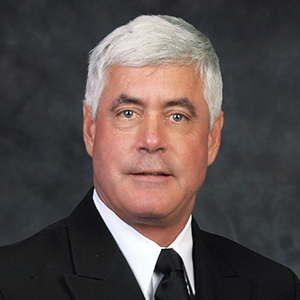 TRENTON, N.J. – Assemblyman Ned Thomson is joining the growing number of voices calling on Gov. Phil Murphy to halt offshore wind turbine projects until independent, thorough studies showing the potential impacts to marine life and the Jersey Shore economy are completed.
TRENTON, N.J. – Assemblyman Ned Thomson is joining the growing number of voices calling on Gov. Phil Murphy to halt offshore wind turbine projects until independent, thorough studies showing the potential impacts to marine life and the Jersey Shore economy are completed.
Thomson – whose bill granting water farming ventures the same protections as terrestrial farms was recently signed into law – cited a two-year study by the National Oceanic and Atmospheric Administration released in March that raises more questions than answers about wind turbine impacts on fisheries. While the focus of the study excluded animal deaths, its authors claim there are “data gaps” on the socioeconomic and ecological effects of wind turbines and suggested further studies are needed.
“Progressive politicians, activists and scientists are constantly warning of existential threats that so-called green energy will solve,” Thomson (R-Monmouth) said. “Yet, observed threats to commercial fishing, shore tourism, and marine wildlife are dismissed. These same people say there is no significant impact. Their apathy is unscientific and frankly disturbing.”
Three offshore wind projects are in various stages of exploration and construction in New Jersey waters now: Danish multinational corporation Orsted’s Ocean Wind 1 and Ocean Wind 2, expected to go online in 2024 and 2028 respectively; and Atlantic Shores Offshore Wind project, with a target power generating date of 2028.
Environmental and industry groups from Maine to North Carolina have raised concerns about the fast-tracked projects. As confirmed in the NOAA study, there is little information on how the turbines will affect the environment, ecology, economy, or navigation of either the vessels or their bounty. New Jersey boasts a centuries’ old commercial fishing industry that brings in $1 billion annually. How might that, along with the state’s $37 billion summer tourism season, be hurt?
In addition, at least 31 whales and 38 small cetaceans have washed up along the Atlantic Coast since December. The latest death was an adult male bottlenose dolphin, found dead in Sea Bright in Monmouth County on April 2.
“It’s true that correlation doesn’t imply causation. The experts are saying we don’t have the information we need to be certain these projects will help rather than harm our environment and economy,” Thomson said. “It’s incumbent upon us to know these answers.”
